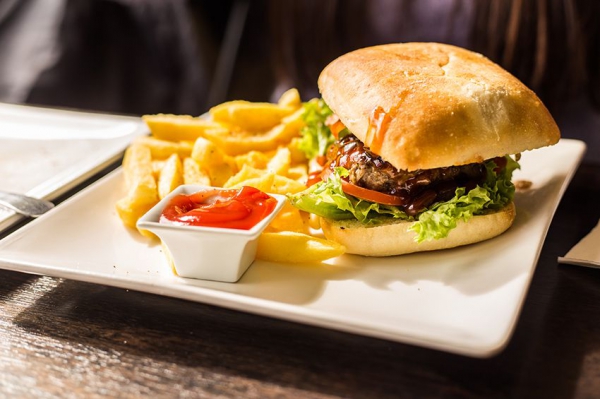Provincial Councils have duties, constitutional and otherwise. Above all, tare the places where politicians can groom themselves to move successfully into the next level of politics. In Sri Lanka, there are several veteran politicians who marked a strong presence in Provincial Councils at various points in the political history. The first example is Chandrika Bandaranayake Kumaratunga who first became the Chief Minister of the Western Provincial Council before graduating herself to be the leader of the country. She fired her first salvo at the 17 year long UNP rule by winning the Western Provincial Council election in 1993 with the newly formed ‘People’s Alliance’.
Then there were two prominent politicians who played key roles in the Western Provincial Councul after CBK, namely Susil Premjayantha and Karu Jayasuriya. Premjayantha served as the Chief Minister of the Provincial Council in the late 90s and Jayasuriya became the Opposition Leader of the council after contesting the election as the Chief Ministerial Candidate of the United National Party. During that election, Jayasuriya set a new example by refusing to publish posters, saying it promoted violence and polluted the environment of the capital city which he kept clean as the Mayor.
 As provincial councilors they rendered a great service and that translated into long term success where their political careers were concerned. Jayasuriya became the Deputy Leader of the UNP and after many vicissitudes today heads the Leadership Council, which is the topmost decision making of the party. Premjayantha became the General Secretary of the ruling coalition UPFA and held several important ministerial portfolios.
As provincial councilors they rendered a great service and that translated into long term success where their political careers were concerned. Jayasuriya became the Deputy Leader of the UNP and after many vicissitudes today heads the Leadership Council, which is the topmost decision making of the party. Premjayantha became the General Secretary of the ruling coalition UPFA and held several important ministerial portfolios.
Today, we have another Provincial Council election that is on the cards. Nominations lists have been finalized and names of the candidates are no secret. While the UNP is still struggling to nominate a Chief Ministerial candidate the government, apparently, has two prize catches on its list, namely Hirunika Premachandra and Malsha Kumaratunga who come from political families.
Hirunika and Malsha have a deep-rooted connection thanks to their political families. Hirunika’s father, Bharatha Lakshman Premachandra, was a close ally of Malsha’s granduncle Vijaya Kumaratunga (Jeevan Kumaratunga’s uncle), during the mid and late 80s. In fact, Hirunika too first entered active politics Sri Lanka Mahajana Party formed by Vijaya Kumaratunga – of which her father was a stalwart in the late 80s. Today however both Premachandra and Kummaratunga are on the same track running the same race.
The real problem with regard to these two prize catches is depth and substance, especially when compared to the previous generation of Provincial Councilors. Hirunika has started her campaign saying she’s an adopted daughter of the Rajapaksa family, assuming the ‘Rajapaksa factor’ will win her the election. She has distanced herself from the struggle to seek justice for her father and the unfortunate circumstances which led to her father’s death get hardly mentioned in her speeches nowadays. Her political identity was built upon the struggle she spearheaded to seek justice for her father, but today she has relinquished that identity happily embracing the ‘Rajapaksa factor’. But she made it clear from day one that she would enter politics and therefore the discerning voter could at least realize that she was politicking.
Malsha Kumaratunga was different. Hers was a low key profile and her political plans were never explicit. However, after she announced candidacy, she was exposed to media and it was clear that she was not the most outspoken candidate in the electoral fray. However, she banks on her father’s vote bank which has been in existence since 1994 and she is confident of a resounding victory.
There is a common characteristic in both of them. They are trying to ride the crest of a popular wave without any understanding of the grave socio economic problems of the country. They have glamour and charm, but lack depth and substance. They have wherewithal to drive an election machination towards victory, but do not have intellectual capacity to comprehend issues faced by the people- after coming to power.
Hirunika aspires to be the Chief Minister of the Western Province after topping the preferential votes list of the UPFA. She will, in all likelihood, get there. Malsha Kumaratunga too will win the election and become a member of the Western Provincial Council representing the UPFA. The Provincial Council, from that point on, will ooze glamour, charm and beauty. But the people of the province will hardly see ‘solutions’ emerging from the council. They will further sink, inescapably, in another socio-political quagmire.




